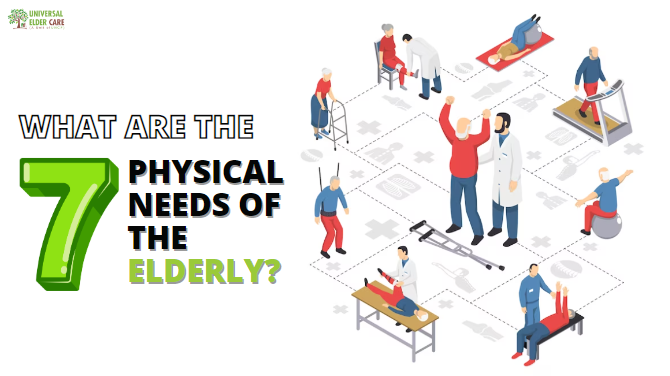What is the process of geriatric care?

Nurturing Well-being: The Process of Geriatric Care
Geriatric care involves a comprehensive and specialized approach to meet the unique needs of older adults. This process aims to enhance their overall well-being, promote independence, and ensure a high quality of life. In this blog, we explore the essential elements of the geriatric care process and how it supports the elderly population.
-
Comprehensive Assessment: The geriatric care process begins with a thorough assessment of the older adult's physical, mental, and emotional health. Healthcare professionals evaluate their medical history, conduct physical examinations, and assess cognitive function. This assessment helps identify existing health issues, potential risks, and areas that require attention, forming the foundation of the care plan.
-
Care Planning: Based on the assessment findings, a personalized care plan is developed. This plan considers the individual's unique needs, preferences, and goals. It may involve multiple healthcare professionals, including physicians, nurses, therapists, and social workers. The care plan encompasses medical treatments, medication management, therapy services, lifestyle modifications, and support services tailored to the specific requirements of the older adult.
-
Coordinated Care: Geriatric care involves a collaborative and coordinated approach among various healthcare providers and support services. Communication and information sharing among the care team ensure a holistic and integrated approach to care. Regular meetings, care conferences, and updates on the older adult's progress help maintain continuity and ensure all aspects of their well-being are addressed.
-
Regular Monitoring and Evaluation: Geriatric care is an ongoing process that requires regular monitoring and evaluation of the older adult's health and well-being. Healthcare professionals closely track the effectiveness of the care plan, make necessary adjustments, and address any emerging concerns promptly. This ongoing assessment ensures that the care provided remains responsive to the changing needs of the older adult.
-
Emotional Support and Family Involvement: Geriatric care recognizes the importance of emotional support for both older adult and their family members. Emotional well-being is prioritized, and support services such as counseling or therapy are integrated into the care plan. Involving family members in decision-making and providing them with guidance and education empowers them to actively participate in the care process.
Geriatric care is a specialized process that encompasses a comprehensive assessment, personalized care planning, coordinated care, regular monitoring, and emotional support. By addressing the unique needs of older adults and promoting their overall well-being, geriatric care aims to enhance their quality of life and enable them to age with dignity and independence. This specialized approach acknowledges the importance of individualized care and supports older adult and their family throughout their care journey.



